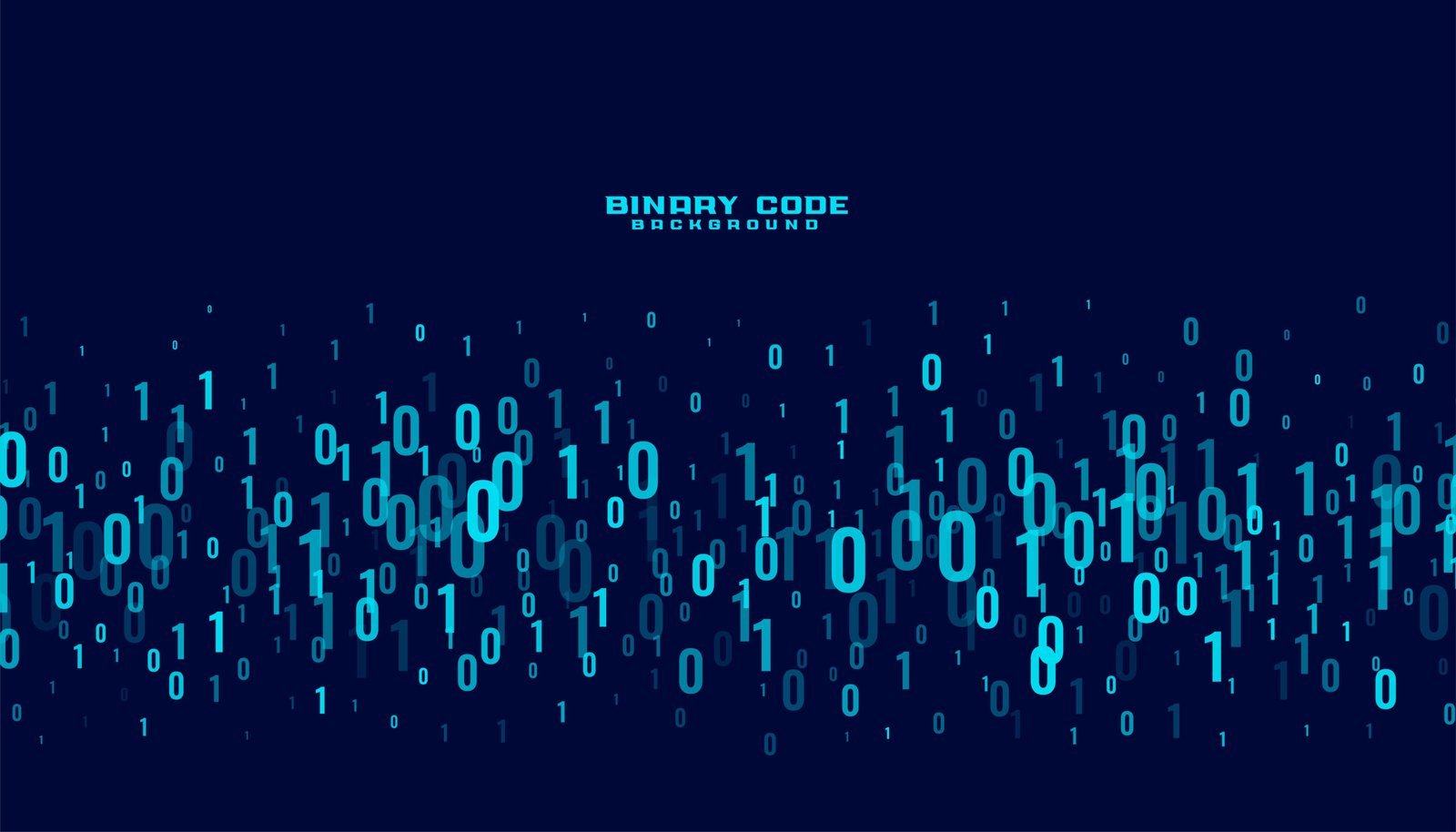Command-line arguments in c
Command-line arguments in c Command-line arguments in C language give you access to pass arguments/parameters when executing the program from command line/command prompt. These program arguments/parameters provide program input data or options, making it more flexible and customizable for various programming purposes. Accessing command-line arguments in C. man function in C - It can accept…










